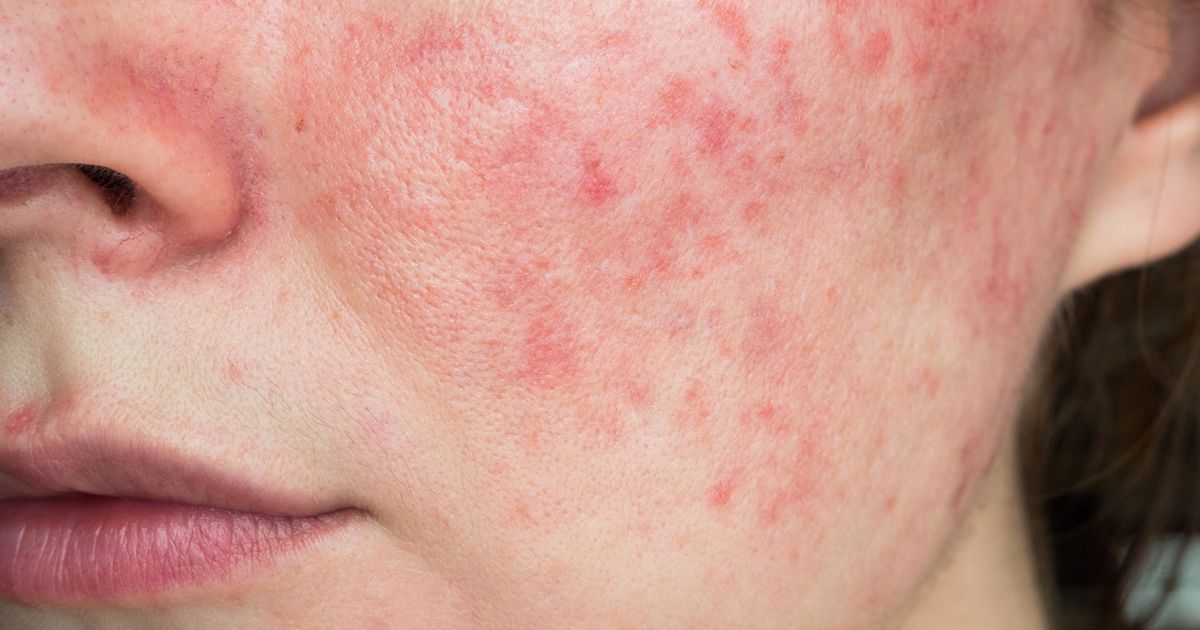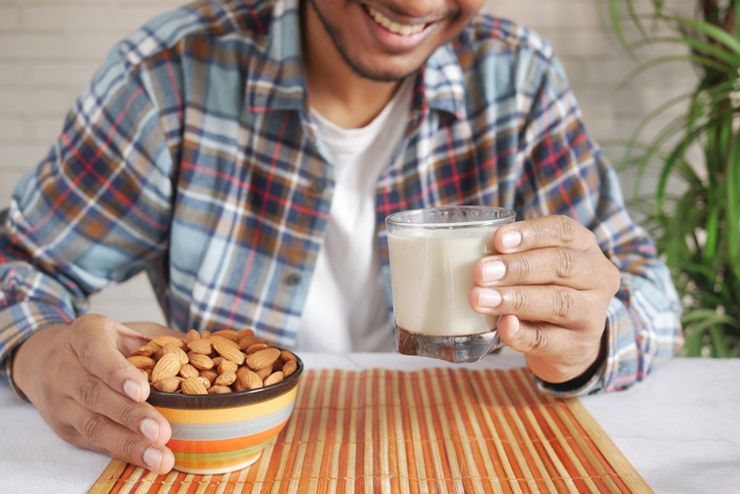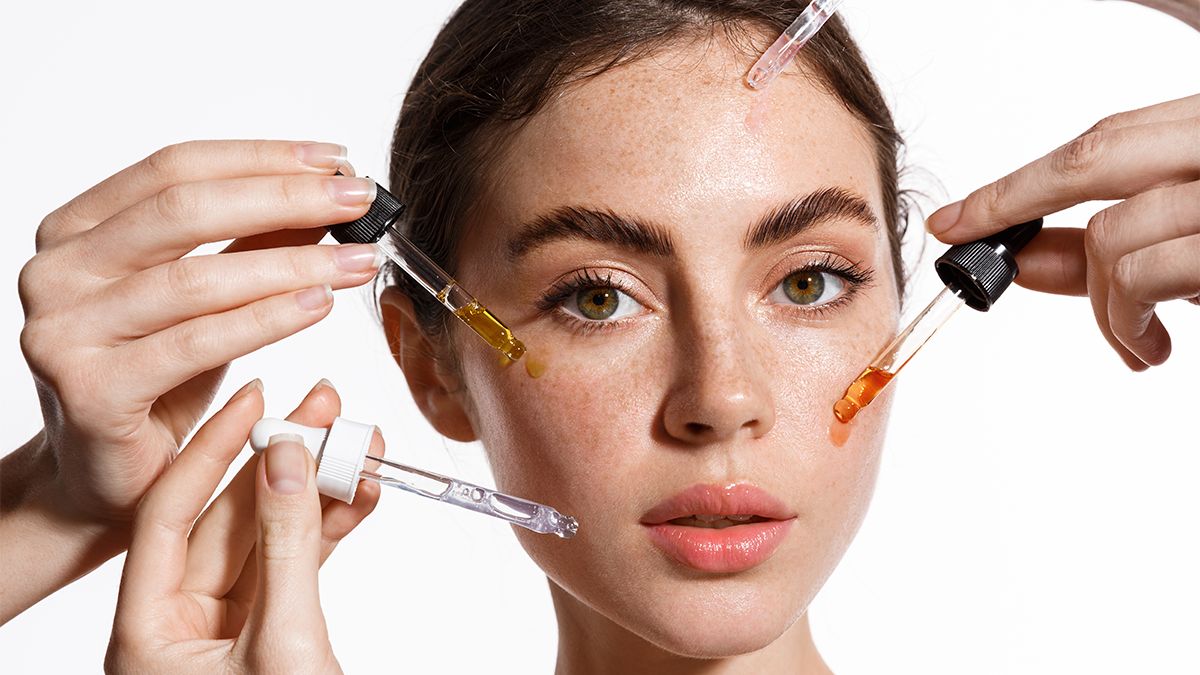Skin Problems with Dairy
By Mary Ann
12 January 2023

It's no secret that your diet has an impact on the appearance of your skin, therefore consuming enough foods high in antioxidants and healthy fats is essential for glowing skin. Dairy, on the other hand, is the one food category that has developed a negative reputation in recent years.
Dairy-based goods have been the first to be held responsible for health issues including indigestion and acne, whether you take them as part of a smoothie, in your daily cup(s) of tea or coffee, or in the form of butter or yogurt.

It's reasonable to say that milk plays a significant role in our daily diet, but might it also be the cause of your skin problems? We asked the experts to comment.
Dairy can aggravate acne, according to the majority of evidence-based studies (Reliable Source). The underlying relationship is what scientists are still trying to understand.
Artificial hormones are administered to dairy cows, which has an impact on their milk production. According to research, when you consume dairy products, those hormones may upset your hormone balance. This might result in acne.
Another hypothesis holds that acne will always get worse since milk already contains growth hormones.
According to a third idea, milk products disturb insulin levels and increase the susceptibility of the skin to acne when consumed with excessive amounts of processed foods and sugars in the Western diet.
Dairy products have varying effects on acne. Skim milk is the most frequent cause of acne, according to some studies.
How To Deal With A Breakout
There are several things you can do to relieve an acne flare-up if you're breaking out:
- Consider using an over-the-counter remedy. Look for medications that include alpha hydroxy acids or salicylic acid. Your pores can be unclogged by these chemicals.
- Make use of an application of essential oils. Due to its anti-inflammatory and antibacterial qualities, coconut oil makes a fantastic carrier oil for the treatment of acne.

- While you wait for the breakout to go away, stay away from beauty products and cleansers that include oils. For skin that is prone to acne, water-based makeup removal and oil-free cleansers are preferable. So that your pores can "breathe" while they heal, try to keep your face clean and dry.
- To create a strong acne treatment, try adding a few drops of tea tree, citrus, sweet basil, cinnamon, or rose oil.
- It's been said a thousand times, but avoid picking or squeezing acne lesions. This may increase the number of bacteria on your damaged skin and lengthen the outbreak. Try to be patient as you wait for your skin to heal after trying over-the-counter or homemade therapies.
Eliminate Dairy Products To Treat Skin Problems.
According to MedlinePlus, topical hydrocortisone creams and antihistamines are used to treat eczema and hives.
Epinephrine injections may be necessary if a severe reaction to a dairy allergy occurs. It's been said a thousand times, but avoid picking or squeezing acne lesions.
This may increase the number of bacteria on your damaged skin and lengthen the outbreak. Try to be patient as you wait for your skin to heal after trying over-the-counter or homemade therapies.
According to research, dairy products might cause or aggravate acne in certain people. But every person's skin is unique.
Even though there isn't necessarily a link between dairy and acne, it's still worthwhile to experiment with your diet to see how dairy affects your skin. If you have any concerns about the relationship between your dairy consumption and acne, consult your physician or dermatologist.
Sometimes, recurrent breakouts might also be a sign of a more serious health problem. Don't presume that you should strive to ignore or dismiss your acne.
You Might Also Want To Read This
Popular Posts







